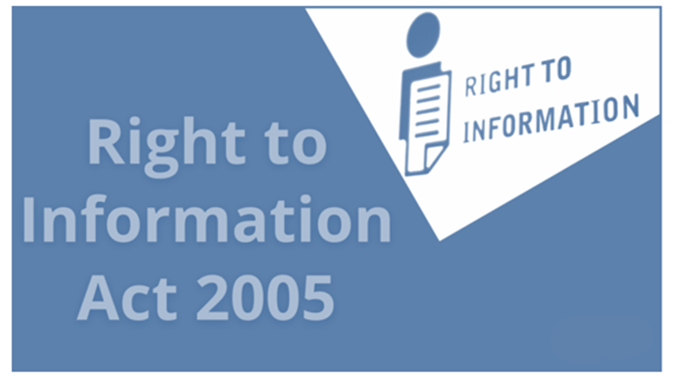Description

Copyright infringement not intended
Context: According to the information provided to Parliament by the government, the Indian Computer Emergency Response Team (CERT-in) may soon be immune from replying to the requests made under the Right to Information Act.
Details
- A proposal by the Ministry of Electronics and Information Technology to put CERT-in under the Second Schedule to the RTI Act, which deals with exempted organisations like the Central Bureau of Investigation (CBI) and the Border Security Force, has been examined by the Department of Personnel and Training (BSF).
- The exception would provide CERT-in with the right to deny any request for information, including those related to policy.

Indian Computer Emergency Response Team (CERT-IN)
About
- CERT-IN is a part of the Indian government's Ministry of Electronics and Information Technology.
- It is the central organisation for handling risks to cyber security including hacking and phishing. It strengthens the Indian Internet domain's security-related defence.
- CERT-IN has overlapping responsibilities with other agencies such as;
- National Critical Information Infrastructure Protection Centre (NCIIPC) which is under the National Technical Research Organisation (NTRO) that comes under the Prime Minister's Office
- The National Disaster Management Authority (NDMA) is under the Ministry of Home Affairs.
Background
- The Ministry of Communications and Information Technology established CERT-IN in 2004 under Information Technology Act, 2000 Section (70B).
Keywords
Central Bureau of Investigation (CBI)
- The establishment of the CBI was recommended by the Santhanam Committee on Prevention of Corruption.
- It was set up by a resolution of the Ministry of Home Affairs. Later, it was transferred to the Ministry of Personnel, Public Grievances and Pensions.
- It is not a statutory body. It derives its powers from the Delhi Special Police Establishment Act, of 1946.
- The CBI is the main investigating agency of the Central Government. It also assists the Central Vigilance Commission and Lokpal.
Border Security Force (BSF)
- BSF patrols India's borders with Pakistan and Bangladesh.
- It is one of India's seven Central Armed Police Forces (CAPF) and was established in the aftermath of the Indo-Pakistani War of 1965 "for maintaining the security of India's borders and problems related with."
- It is the world's largest and most powerful border security force. The BSF is referred to as India's First Line of Defense.
National Disaster Management Authority (NDMA)
- The NDMA is the country's top disaster management organisation. It operates under the direction of the Union Ministry of Home Affairs.
- The Disaster Management Act was passed by the government in 2005. The National Disaster Management Authority (NDMA) was established by the Act to promote and execute a holistic and integrated strategy for disaster management in the country.
- The NDMA consists of a chairperson (the prime minister) and up to nine additional members.
Must Read Articles:
Right to Information (RTI) Act: https://www.iasgyan.in/daily-current-affairs/rti-act
Cybersecurity: https://www.iasgyan.in/daily-current-affairs/cybersecurity-43-29
|
PRACTICE QUESTION
Q. The right to information (RTI) ensured that Indian citizens remained active in the political and economic processes that led to successful government. In light of this, describe how the Right to Information Act has so far contributed to the development of an informed public and accountable government. What are the concerns?
|

https://epaper.thehindu.com/ccidist-ws/th/th_delhi/issues/30794/OPS/GC9B2D8PF.1.png?cropFromPage=true














